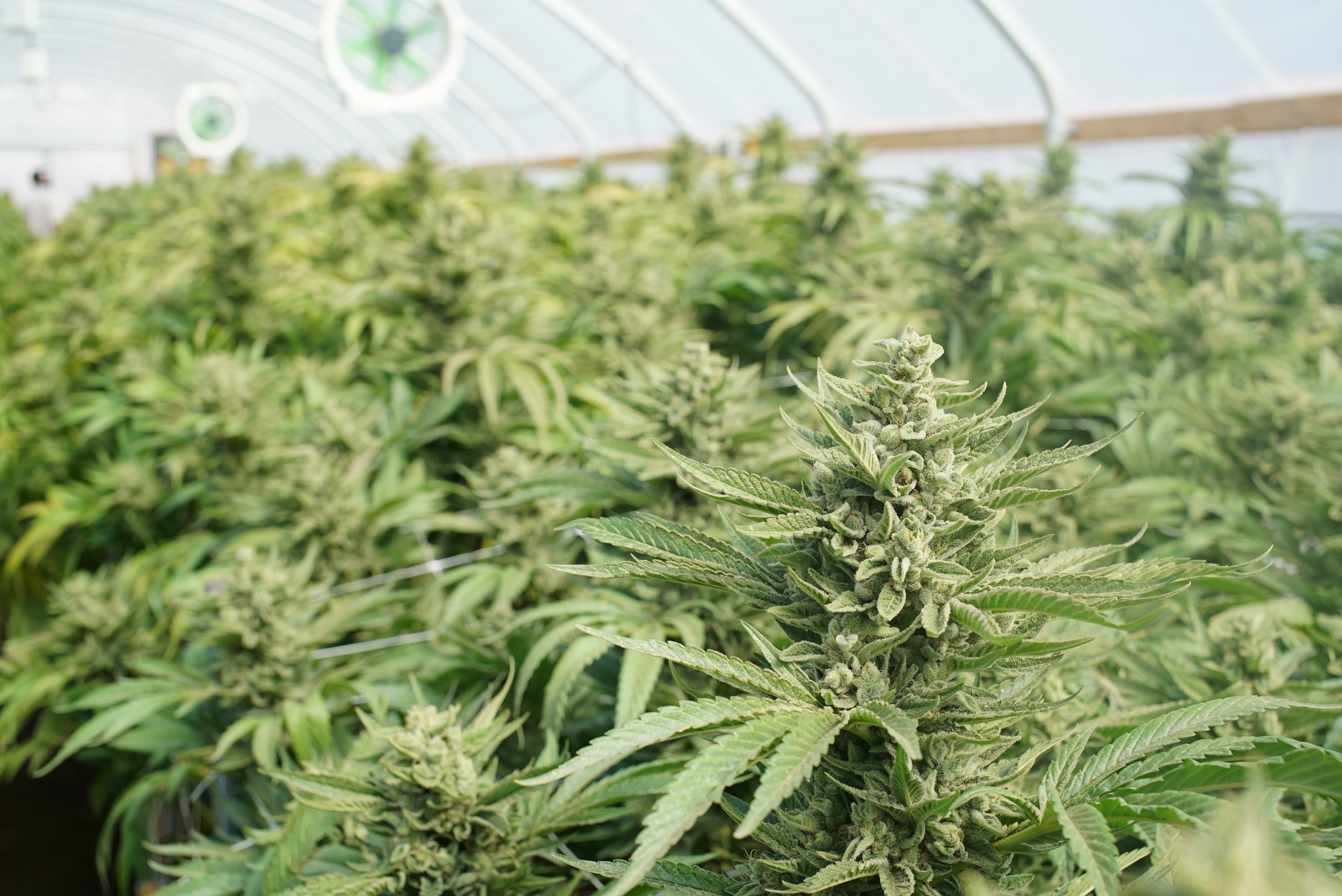
Policy
Policy
We are pursuing a patient and caregiver-centered policy agenda to help focus the market onto the individuals it is intended to help.
Medical Recommendations:
§ 952. REGISTRY the language states that “(a) The Board shall establish and manage the Vermont Medical Cannabis Registry for the purpose of allowing persons with qualifying medical conditions and their caregivers to obtain privileges regarding cannabis and cannabis product possession, use, cultivation, and purchase.”
Pursuant to the Board’s priority to maintain continuity of current medical cannabis program services and determine how the integrated licensees will effectively serve patients as well as the adult-use market, the following recommendations will recenter the state program around patients and caregivers needs, and increase access and affordability to those in the program.
Only one registered healthcare professional is needed without a predetermined wait period with a medical professional.
Establish the Medical Cannabis Oversight Advisory Panel (MCOAP) under the Cannabis Control Board to administer and manage the symptoms and conditions list for program eligibility.
Anyone given a prescription of opioids automatically qualifies for a medical card.
Increase parity between the Medical Dispensary and the MUE Retailer license fee by increasing the Medical Dispensary fee to $10,000.
Increase flowering plant count from 6 to 12 and eliminate immature count.
Allow caregivers to care for 3 patients, and patients to have 3 caregivers, and can circumstantially apply for more on a case-by-case basis with approval by the CCB.
Employment and roadside testing protections for patients.
Workperson compensation for medical cannabis and related purchases.
Provide more comprehensive and continuing education for medical and adult-use staff.
Reestablish the Medical Cannabis Fund for purposes of financial and technical assistance for registered patients.
Develop a price management system that maintains all medical cannabis transactions to a standard wholesale pricing structure based upon a percentage of the value of products in the adult-use market.
Financial assistance for medical cannabis, and health insurance.
Featured: Phase 2 Medical Cannabis Recommendations
These recommendations reflect the latest round of rule making and legislative deliberations on the Vermont medical cannabis program by the Cannabis Control Board (CCB). A 2-phase approach to supporting and improving the state medical cannabis program was discussed by the CCB, these specific recommendations include a draft medical cannabis licensure program to be integrated into the CCB’s Phase 2 recommendations, incorporating the long-held interests of the local medical cannabis community to increase access and affordability.
Specific Recommendations:
Implement a scale appropriate and affordable licensing structure with mechanisms for direct market access to state-registered patients and caregivers.
Define Medical Cannabis Caregiver
Allow cultivation for 12 mature plants per designated patient, with no immature plant cap;
Allow for, no more than, 3 designated patients;
Allow for non-volatile product manufacturing, including food-grade ethanol processes, only from products produced by caregiver and for designated patient(s);
Allow for direct sale, purchasing, transporting, and administering of medical cannabis for each designated patient.
Redefine Medical Cannabis Patient
Allow cultivation for 12 mature plants, by patient or designated state-registered caregiver(s), with no immature plant cap;
Allow for 3 designated caregivers per patient, with the ability to request more designated caregivers by applying through the CCB.
Develop a Craft Cultivation Supplemental Medical License
Only an active license holder in good standing with an Outdoor Tier 1-6, or 40k sqft and under, or Indoor Tier 1-4, or 10k sqft is eligible;
Annual fee, $500.00;
Allow sale, distribution and packaging of medical cannabis, cannabis-related products, seeds, and living plants, to state-registered patients and caregivers;
Allow for cultivation for up to 12 registered patients;
Each designated patient transfers their 12 plant count limit to the Craft Cultivation Supplemental Medical License holder, allowing up to 144 plants additional to the Craft Cultivation canopy;
The medical cannabis-designated plants would be tracked and traced with the same, or similar, system used by the Integrated License holders;
All other rules and regulations for the Craft Cultivator License holder would apply.
Develop a Medical Cannabis Cultivation License
A 1,000 sqft canopy, similar to the Craft Cultivation License;
Annual fee, $500.00, with a sliding scale to ensure accessibility and equity;
Allow cultivation, processing, non-volatile product manufacturing, including food-grade ethanol processes, on-site and delivery retail sales only from products produced by the license holder, or other Medical Cannabis Cultivation License holders, to designated patient(s);
Allow for cultivation for up to 12 registered patients;
Allow sale, distribution and packaging of medical cannabis, cannabis-related products, seeds, and living plants, to state-registered patients and caregivers;
All Medical Cannabis Cultivation licenses shall be unlimited in number and available throughout the year, not limited to any specific application window of time, similar to how the VMR currently operates;
This license would not carry all of the code requirements of other indoor production facilities, rather having a more scale appropriate suite of requirements to meet (similar to how we have differential regulatory requirements for different scales and types of agriculture - ie on-farm poultry processing vs. USDA);
All other rules and regulations for the Craft Cultivator License holder would apply.
Develop a price management system that maintains all medical cannabis transactions to standard wholesale pricing structure managed by the CCB.
Medical Cannabis License Fees to Adequately Funding Medical Cannabis Financial Assistance Programs.

